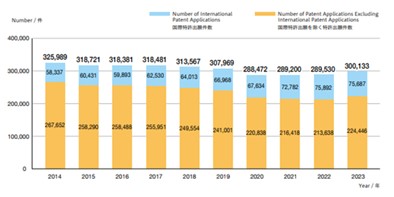A new European Union regulation came into force on August 25, setting out rules for digital platforms to ensure that legal principles applicable offline are respected online.
The objectives of the Digital Service Act are to increase the protection of European Internet users and their fundamental rights, through greater vigilance from the main platforms. The areas for improvement are numerous: fake news, hate speech, counterfeiting, consumer protection, etc.
The DSA is intended to apply to all online intermediaries, whether established in Europe or not, as long as they reach a European audience. This includes internet service providers, marketplaces, social networks, travel booking platforms, etc.
Alibaba AliExpress, Amazon store, Apple Appstore, Booking.com, Facebook, Google Play, Google Maps, Google Shopping, Instagram, Linkedin, Pinterest, Snapchat, TikTok, X, Wikipedia, YouTube, Zalando, Bing, Google Search are among the first to be mentioned. All these operators will now be subject to stricter requirements: providing a single point of contact in the event of an injunction, offering Internet users a tool to easily report illegal content, and once reported, remove it quickly, trace stores offering products for sale and inform consumers.
Transparency is also required when it comes to content moderation decisions and the operation of algorithms. Targeted advertising to minors is now prohibited.
Most of the platforms concerned have already set up units of over 1000 people in some cases, in order to comply with these requirements, which also oblige them to carry out periodic risk reduction audits, and put in place reaction mechanisms in the event of crises relating to security or public health.

Each European Union country has a digital services coordinator (in France, this is Arcom), and operators will be monitored by the European Commission, thanks to supervision funding charged to their annual worldwide sales.
In the event of non-compliance with the DSA, fines of up to 6% of worldwide sales will be imposed.





